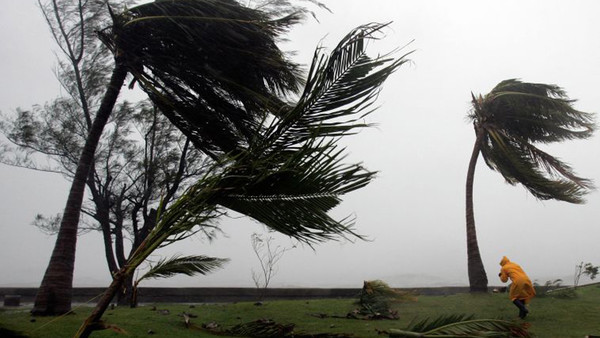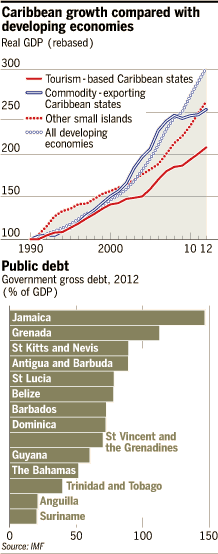Finance Minister, Dr Peter Phillips, announced a short while ago that Jamaica’s application for a four-year Extended Fund Facility with the International Monetary Fund (IMF) has been approved in the amount of SDR615.4 million or approximately US$958 million.
Speaking in Parliament, Phillips said this will unlock more than US$1 billion of loan support from the World Bank and the Inter-American Development Bank and that the first drawdown from the IMF of more than US$200M should be completed in the next few days.
Phillips also announced that technical documents such as the request for an Extended Fund Facility; Letter of Intents, Memorandum of Economic and Financial Policies and Technical Memorandum of Understanding are to be tabled in the Parliament.
"The signing of the IMF agreement signals a new direction which in turn requires a paradigm shift in how we conduct the nation's business," Phillips told legislators.
He has urged all Jamaicans to read the agreement carefully "to understand fully what will be required of each of us to advance the economic reform and allow the nation to successfully complete its obligations under the programme".
The finance minister also said the the signing of the agreement does not represent the end as far as the challenges are concerned.
Speaking in Parliament, Phillips said this will unlock more than US$1 billion of loan support from the World Bank and the Inter-American Development Bank and that the first drawdown from the IMF of more than US$200M should be completed in the next few days.
Phillips also announced that technical documents such as the request for an Extended Fund Facility; Letter of Intents, Memorandum of Economic and Financial Policies and Technical Memorandum of Understanding are to be tabled in the Parliament.
"The signing of the IMF agreement signals a new direction which in turn requires a paradigm shift in how we conduct the nation's business," Phillips told legislators.
He has urged all Jamaicans to read the agreement carefully "to understand fully what will be required of each of us to advance the economic reform and allow the nation to successfully complete its obligations under the programme".
The finance minister also said the the signing of the agreement does not represent the end as far as the challenges are concerned.




Comment